Special Reports
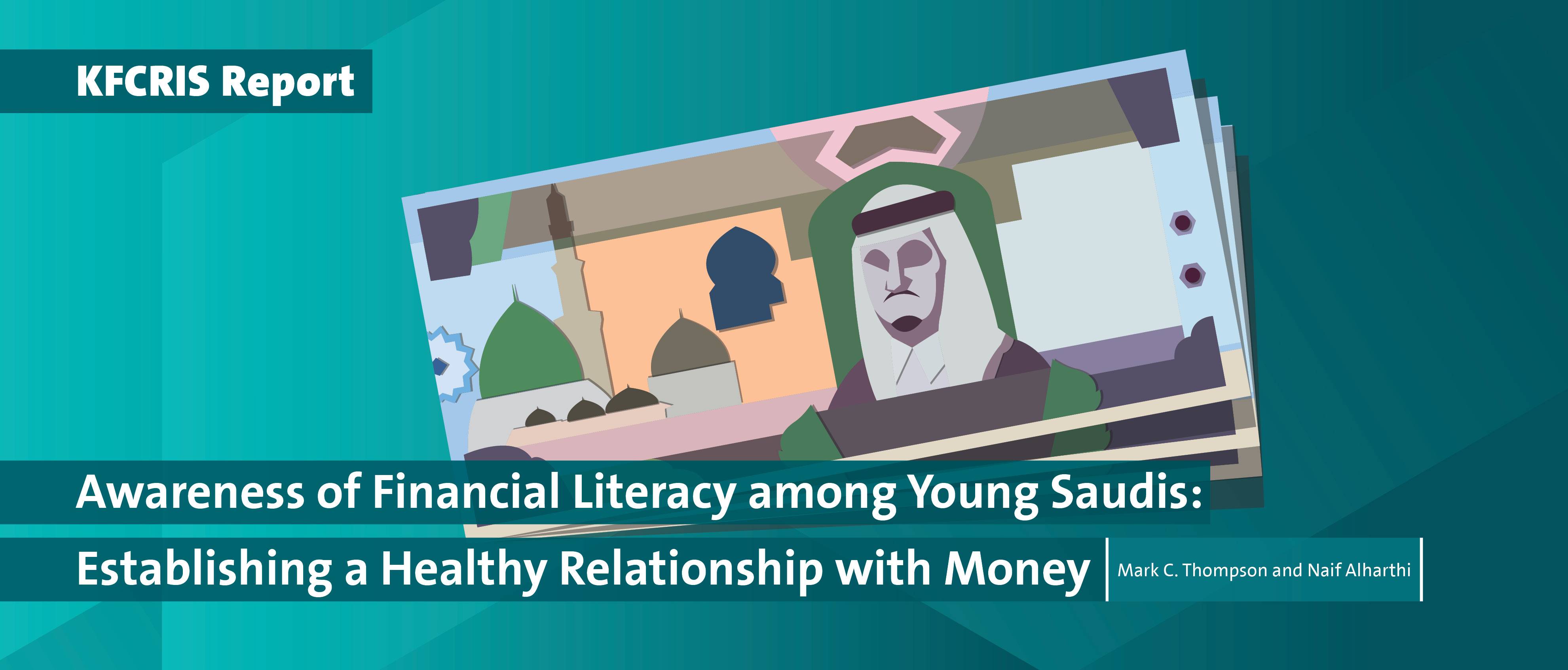
Number:
Author: Mark C. Thompson and Naif Alharthi
Financial literacy signifies the ability to make financial decisions based on informed reasoning. Thus, an individual who is financially literate has the foundation of a healthy relationship with money. This report considers the extent that Saudi youth are aware of the importance of financial literacy, and whether they have been equipped with the required knowledge to adopt effective financial literacy practices. The report also documents the contemporary financial habits of young Saudis to ascertain who or what is shaping Saudi youth behavior when it comes to saving and spending. In sum, this report delves into the tapestry of young Saudis&rsq
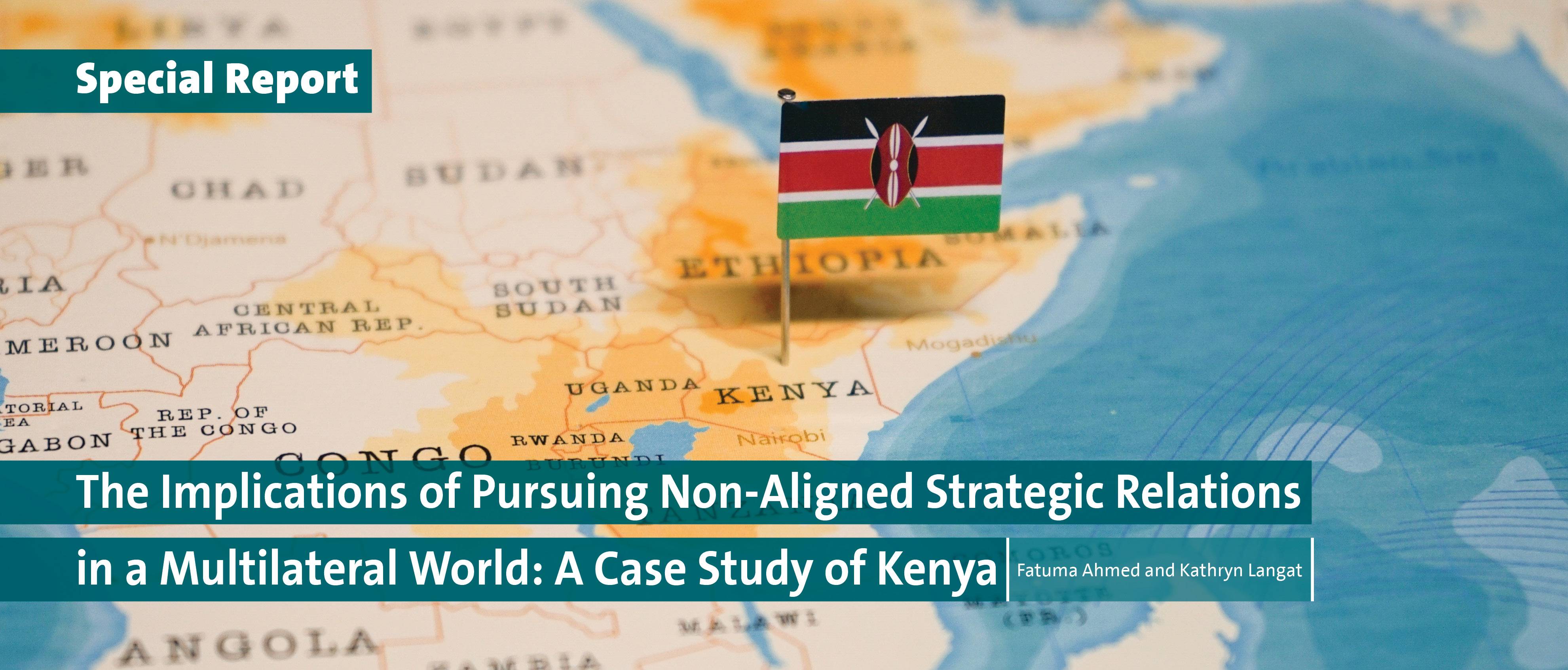
Number:
Author: Fatuma Ahmed and Kathryn Langat
This paper analyzes Kenya's non-alignment strategy, highlighting its interactions with major global powers such as the USA, China, and the European Union, as well as its relations with regional and global actors. The study starts by examining the historical foundations of Kenya's foreign policy and outlines key periods that have influenced its current direction. It then conducts reflecting on Kenya's experiences. The paper concludes by offering valuable lessons on the benefits and challenges of non-alignment in policymaking and international diplomacy.
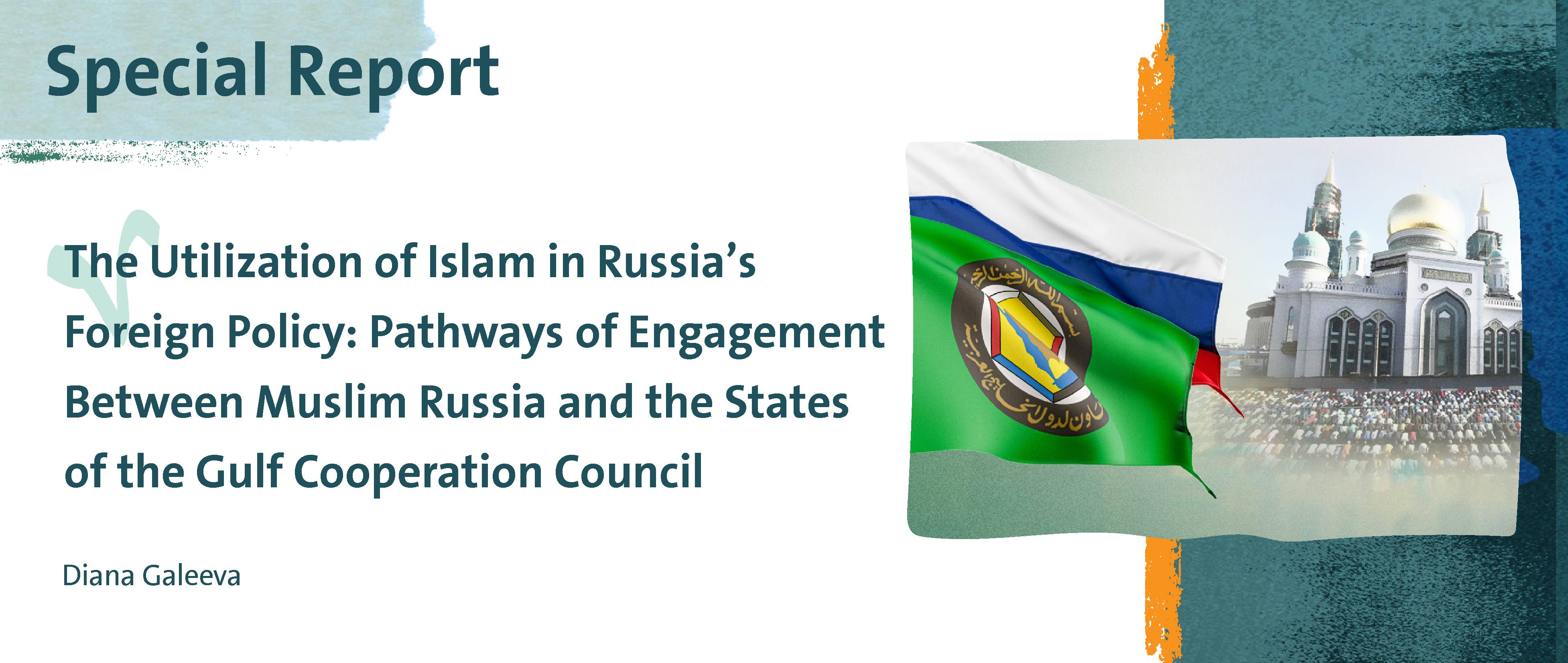
Number:
Author: Diana Galeeva
This study draws on the concept of soft power to analyze Russia’s interactions with the member states of the Gulf Cooperation Council (GCC). It offers a framework for understanding the utilization of Islam in Russian foreign policy in the Middle East under Putin. Concretely, it argues that the religious identities that Russia perceives to be shared between its Muslim- majority regions and the Arab Gulf states have been strategically selected for utilization. The study argues that dimensions of this utilization of Islam include interactions between Russia’s Muslim-majority regions and the GCC states, alongside efforts by religious organizations, business associations,
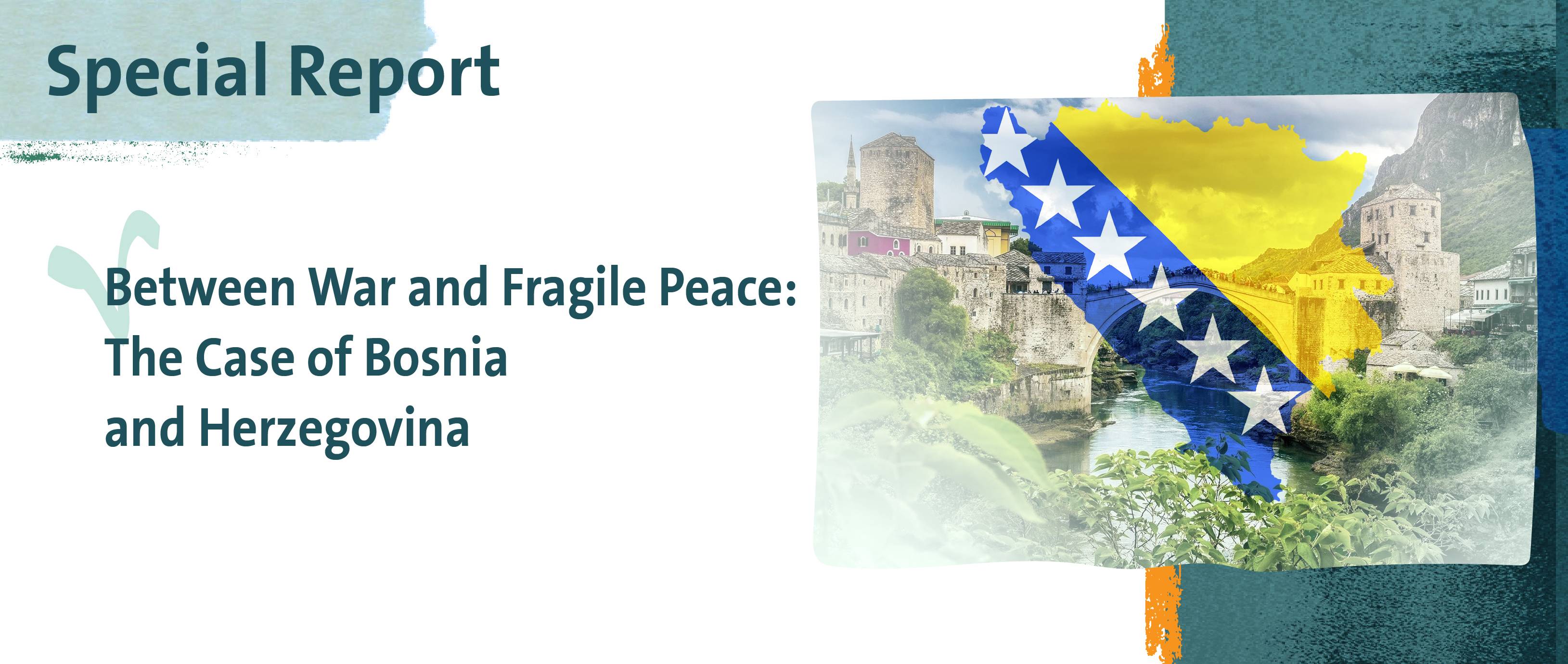
Number:
Author: .
Embodying the very notion of the "Balkanization" of politics, Bosnia and Herzegovina today rests on a fragile peace agreement originally envisioned as its first step toward long-term stability. With a constitution that recognizes only three national groups (Muslim Bosniaks, Catholic Croats, and Orthodox Serbs) – thereby excluding the other ethnic groups that reside in the country from effective political participation – the country's highly complex system of governance has limped on, guided by an internal arrangement that divides power along ethnic lines. This arrangement has hindered all attempts to change the fragile status quo and achieved litt
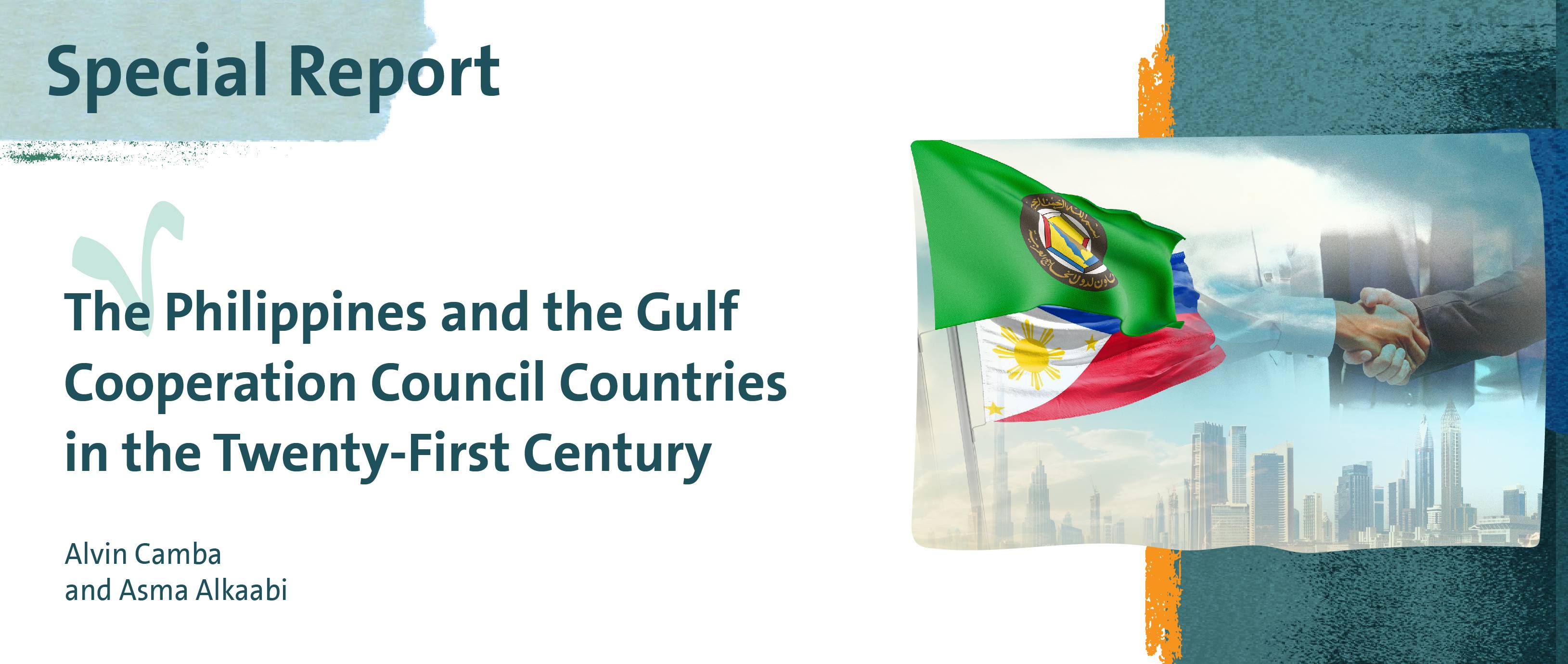
Number:
Author: Alvin Camba and Asma Alkaabi
Our report analyzes the Philippines’ relations with the GCC countries in three key dimensions. First, we look at economic relations, including foreign direct investment (FDI), trade, and development finance. Second, we analyze the political importance of the Philippines to specific GCC states and how GCC countries have responded to international issues prioritized by the Philippines. And finally, we examine the political economy of Philippine labor exports, an economic strategy that inexorably binds the Philippines and the GCC. While the policy paper is organized according to these three themes, we also, where relevant, discuss them in relation to the most recent Philippin
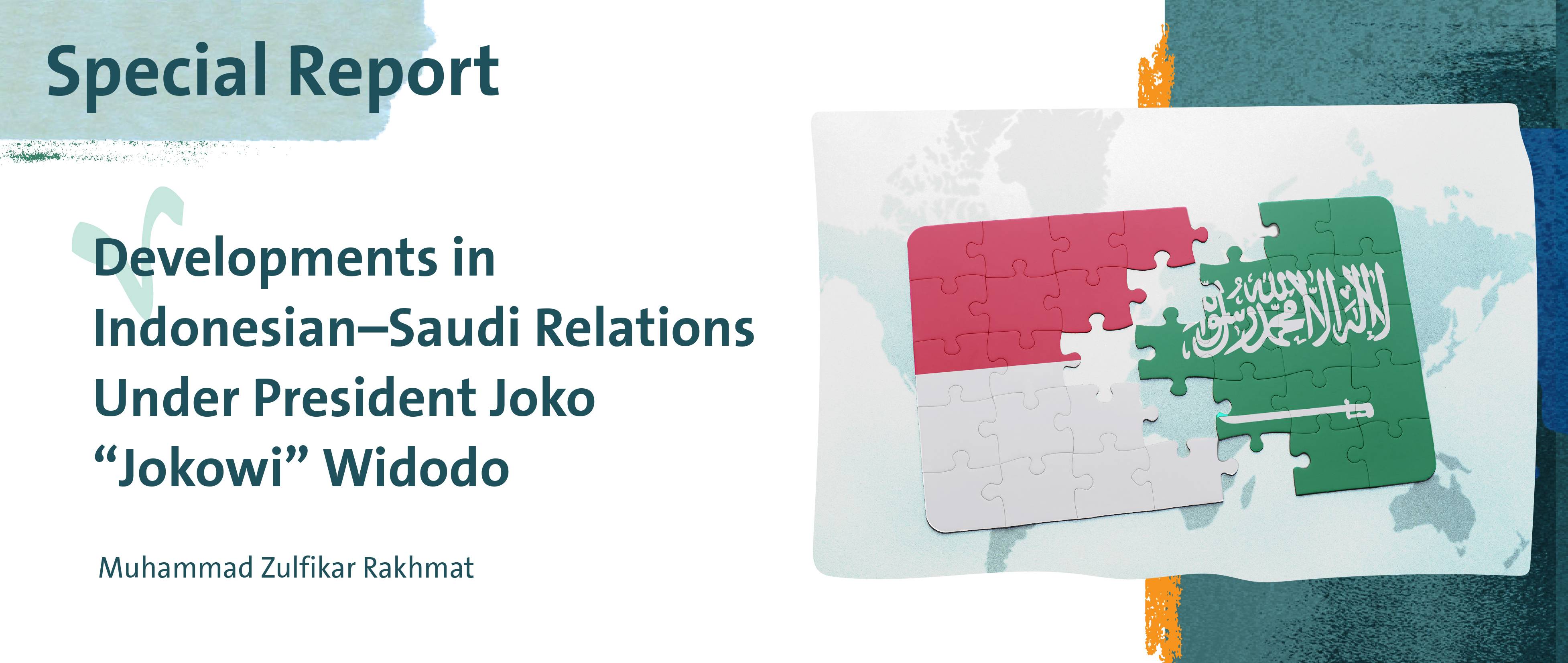
Number:
Author: Muhammad Zulfikar Rakhmat
When a former furniture store owner and mayor of the small city of Surakarta, Joko “Jokowi” Widodo, was elected as Indonesia’s seventh president in 2014, his limited experience in foreign affairs left many observers thinking his ‘presidency would see few significant breakthroughs in the country’s foreign policy. However, despite these presumptions, Jokowi has succeeded in strengthening Indonesia’s relationship with various Middle Eastern partners, including Saudi Arabia. As a result, over the past decade, ties between Jakarta and Riyadh have solidified and become more multifaceted, with the scope of cooperation expanding from the diploma
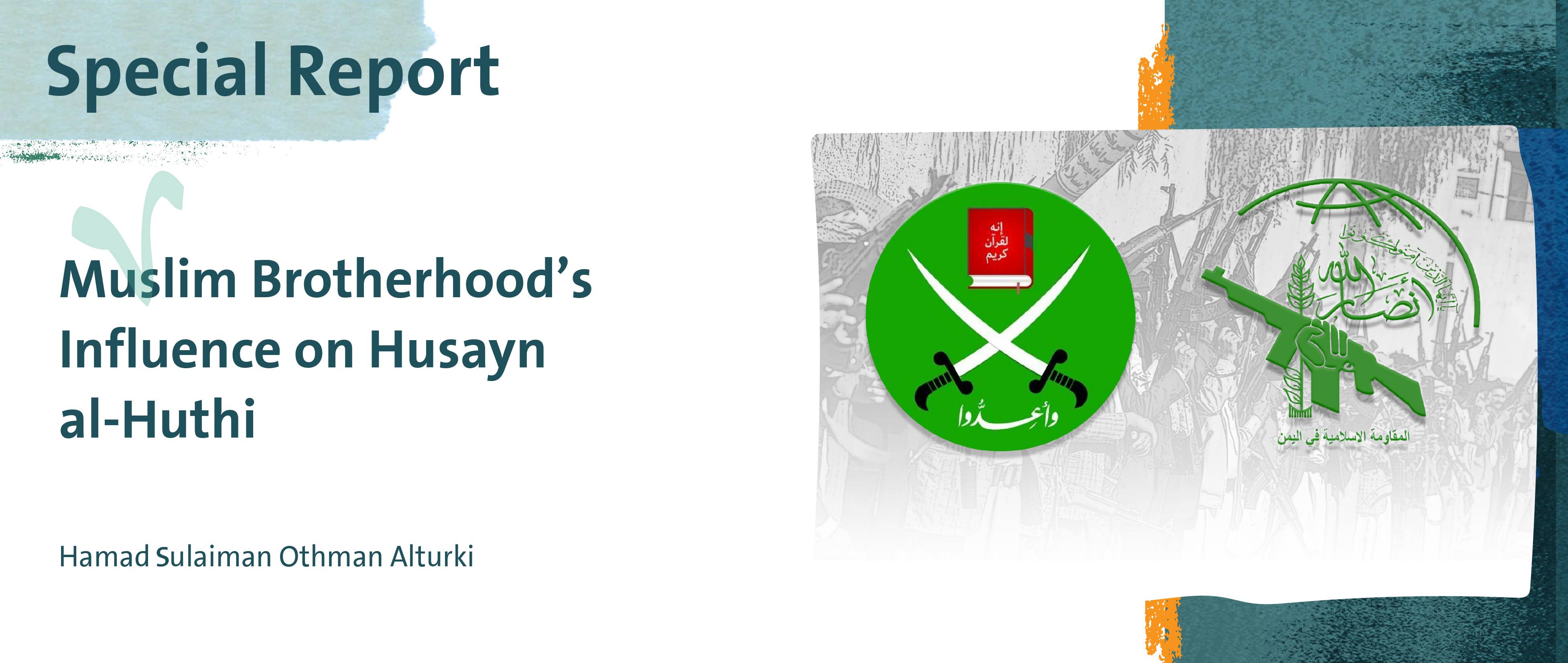
Number:
Author: Hamad Sulaiman Othman Alturki
This publication is available in Arabic only.
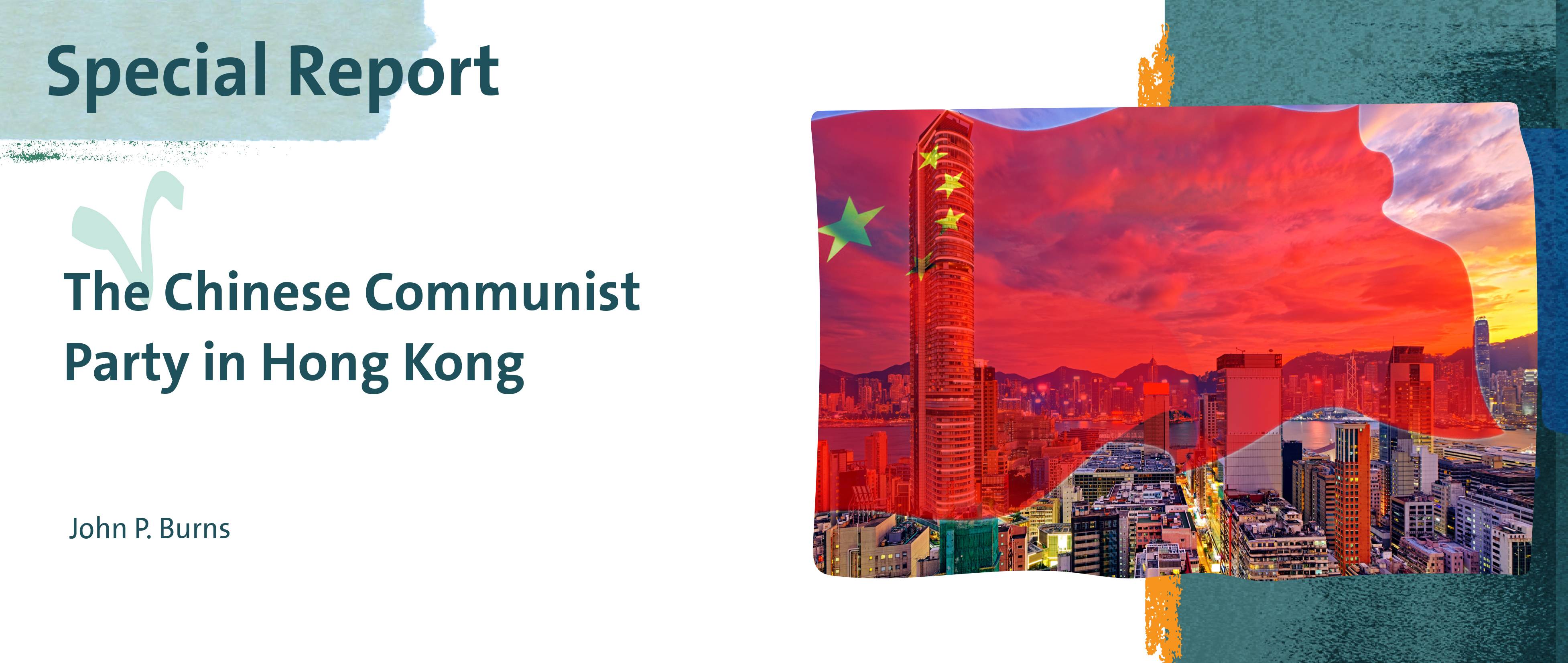
Number:
Author: John P. Burns
The Chinese Communist Party (CCP) leads and manages governance in China, a rising geopolitical and economic superpower. The party is organized territorially throughout the country, including in local jurisdictions like the Hong Kong Special Administrative Region. However, because of Hong Kong’s recent past as a British colony, the party operates differently there than on the mainland. Understanding these differences sheds light on the operation of the CCP as the leading institution in the world’s largest country. The paper drills down into the history, organization, and functions of the local party in Hong Kong and its relationship to the central party and government
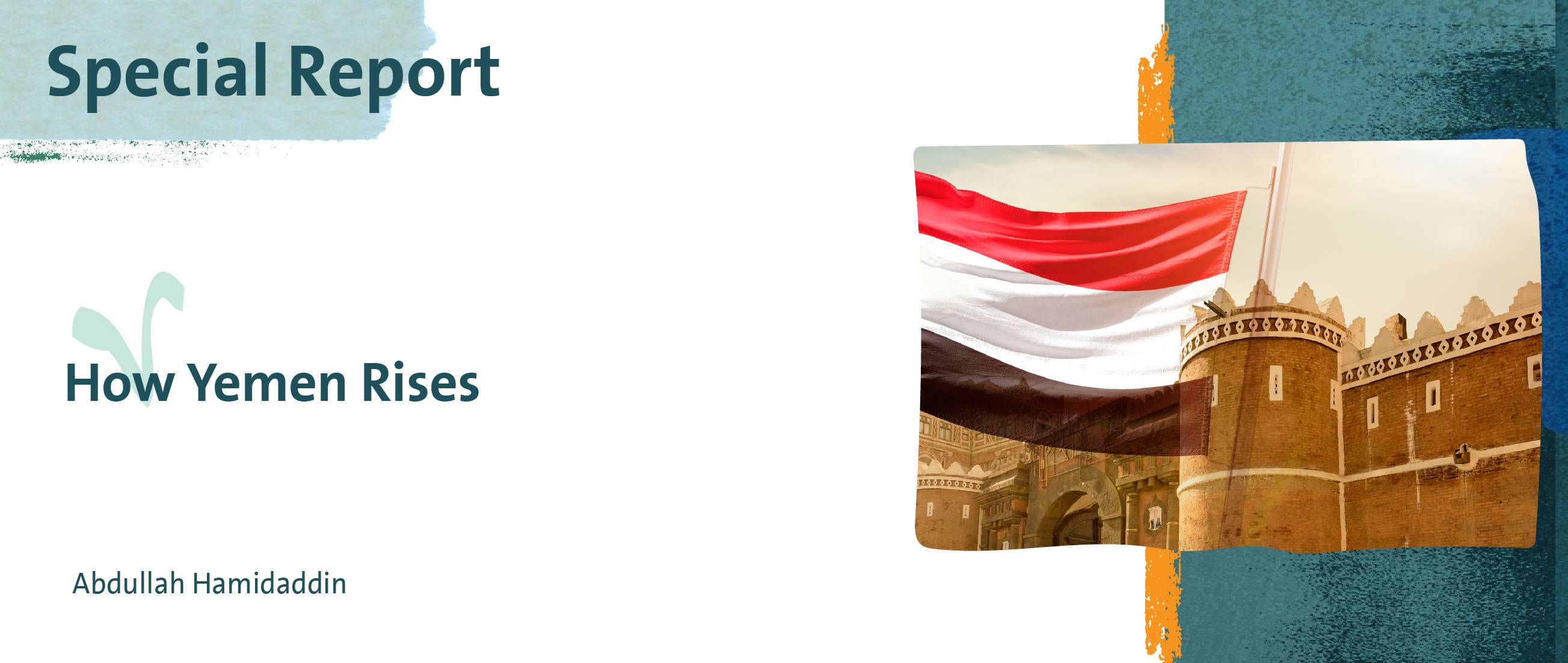
Number:
Author: Abdullah Hamidaddin
Previous experiences of post-war reconstruction (PWR) inform us that it will always fall short of the expectations of donors and recipients alike. There is not one experience of such reconstruction where things went according to plan. Experts and writers have to go all the way back to post-WWII reconstruction in Europe and Japan to find successful examples, only to discover that their contexts were fundamentally different from any subsequent post-war scenarios.
This report is available in Arabic only. Its English version has been published in “The Cairo Review of Global Affairs.&rd
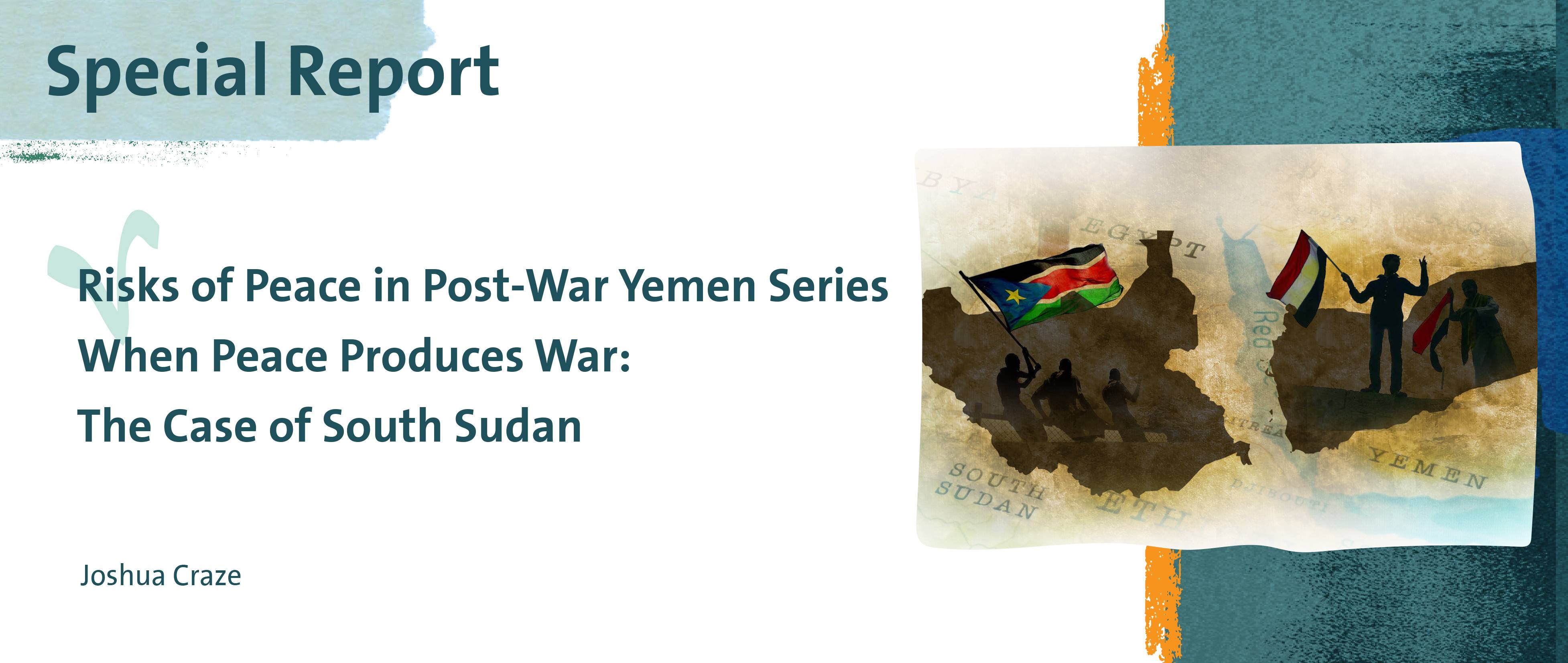
Number:
Author: Joshua Craze
Rather than preventing conflict, internationally backed peace agreements in South Sudan, Sudan, and elsewhere have established a system of incentives that structure elite compacts in the capital that actually intensify the political economy of war. Such peace agreements rely on a normative vision of the state that is at odds with how states have actually come to function in many conflict zones in the world since the 1980s. This normative vision enables peace agreements to be easily instrumentalized by elites and is a major reason why such agreements fail to prevent conflict. Such failures are not contingent but are structural properties of peace agreements that at best aim for r
